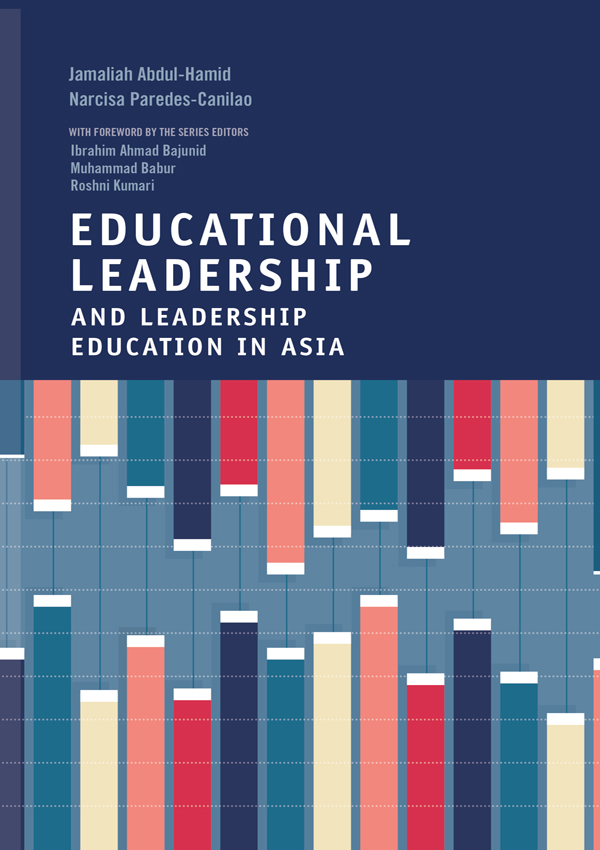
Educational Leadership and Leadership Education in Asia
The book features scholars from or located in Asia, or working elsewhere, writing under the distinct but related fields of educational leadership and leadership education in Asian contexts. The book therefore responds to the current dearth of literature on leadership from scholars working or situated in Asia, and thus, contexts other than North America, and Western Europe—the reigning leadership textbook capitals of the globe.
A vibrant, dynamic, changing, and adaptive Asia is the context, while the givens are changes brought about by neoliberalism, information technology, globalization, and an environment more sensitive to gender, ethnic, and socio-cultural-political differences. Vital issues are engaged by the chapters, such as: What are the new demands and challenges that are today faced by leaders, specifically leaders of academic institutions, and the education and training of future leaders? What traits and characteristics are we looking for today in the educational trainer-leader? What strategies work best—cooperation or competition, centralization or decentralization, personalized leadership or impersonal, macro- or micro-management? By eschewing discourses of “administration” or “management” and insisting on “leadership” as a value-laden term, the contributors initiate a normative turn in or normative return to educational leadership and leadership education.
About the Editors
Jamaliah Abdul-Hamid is currently an Associate Professor at the Faculty of Educational Studies, Universiti Putra Malaysia, where she lectures on educational administration and management, and leadership. Jamaliah obtained her Bachelor’s and Master’s degrees at Indiana University, USA, and her PhD in Educational Administration at the University of Cambridge, UK. She has authored and co-authored several books and articles, led research projects and supervised doctoral and masters research in educational administration, leadership, and knowledge management. She has reviewed extensive journal articles in academic and professional journals and she has been invited as a plenary and keynote speaker in international and national conferences. She has occupied various administrative positions in the Ministry of Education Malaysia, and is Director for the Knowledge Management Unit of Universiti Putra Malaysia. She is a member of the Malaysian Council of Educational Administration and Management (MCEAM), and is on the international advisory board of ELLTA.
Narcisa Paredes-Canilao is Professor of Philosophy at the University of the Philippines Baguio, and has occupied various administrative positions such as Chair of the Department of History and Philosophy, and Chair of the Master of Arts in Social and Development Studies. She has authored several journal articles and book chapters on Asian and feminist epistemology, indigenous knowledge, research ethics, critical pedagogy, and multicultural discourses. She has been invited as panelist, keynote, or plenary speaker in local and international conferences, and is a member of editorial and advisory boards of journals and professional associations, among them Philosophia, Journal of Multicultural Discourses, Philippine National Philosophical Research Society, and ELLTA
